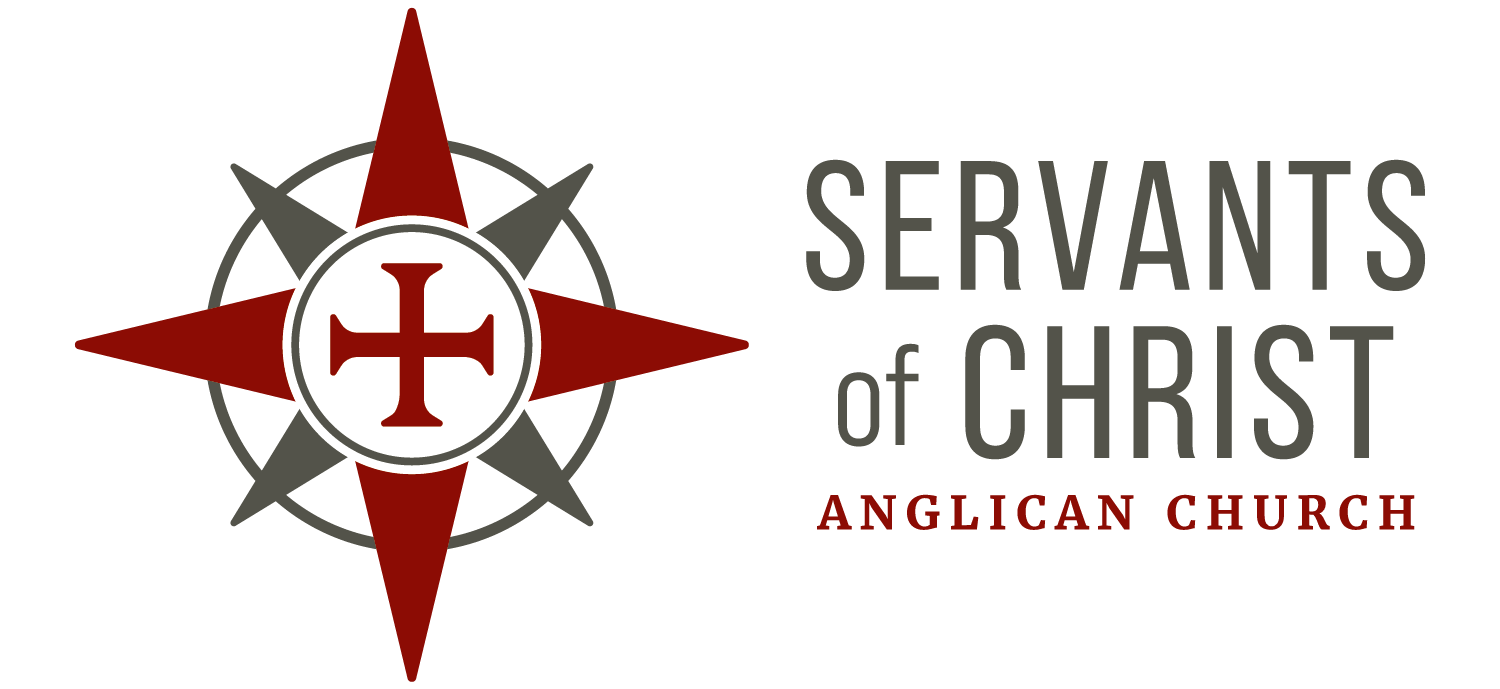
“In the beginning was the Word, and the Word was with God, and the Word was God.”
John 1:1
A border crossing carries with it a sense of the unknown, perhaps even a hint of danger. However, we do not have to travel to foreign lands to cross borders. Our country is divided – by race, social class, gender, religion, immigration status – and those borders are marked by incomprehension (“we” or “they” just don’t get it), fear, and sometimes loathing. As Christians, how are we to respond?
In reading the prologue to John’s Gospel I see the Incarnation as a grand border crossing – from God to man, from heaven to earth. But it was not the only one He made, because Jesus was born into a society like ours, with many borders. His natural place was in the center: He was Jew not Gentile, man not woman, healthy not sick, middle-class and educated not poor and unlettered, righteous not a sinner. In that, He was like many of us at Servants of Christ – born on the right side of all the borders. But the Gospels show us that He spent His adult life purposefully crossing all those borders, until finally He was executed for it. We know that God had a deep and mysterious purpose in all this, but His persecutors surely did not. They were reacting in fear and outrage to His actions. Did He have to heal on the Sabbath, consort with tax collectors and prostitutes, disrespect the spiritual leadership, and disown the temple as a place of worship? Apparently the answer to all the above is yes.
I have pondered for many years what the life of Christ implies for me, a wannabe disciple. Can I live a comfortable, middle-class American life and still reach heaven at the end? Part of me remains suspicious – my life seems too easy, too soft. Yet the Gospels contain hope – not just for the tax collectors, prostitutes and immigrants – all those on the wrong side of the borders we have constructed – but perhaps even for people like me. But if we are to follow Jesus I think we must seize the opportunities we are offered to meet people on the other side of our borders – they might be part of God’s plan for our sanctification. Perhaps ministry is not so much about changing the world but more about becoming part of it.
My worldview changed after Janice and I participated in a Just Faith class in 2009. This was a 6-month series of weekly meetings and readings, with occasional outreach events and other kinds of retreats. In Just Faith we discovered a theologically consistent doctrine of social justice, rooted in the scriptural truth that man is created in the image of God. But it is not always easy to put what we know, or even what we desire, into practice. It took several years after we finished Just Faith before I found the work I feel I was called to. In the meantime I saw several of my fellow participants find a role to play in advancing the Kingdom. But not me; my skill set, so well suited to making a good living, was not so great for helping others. But God and Gainesville Community Ministries combined to make an offer I could not refuse. Now I spend a couple of hours each week teaching high-school science to a group of adults that are several borders removed from where I normally live. It’s easy and obvious to count up all the differences. Yet we are all sinners in the sight of a holy God – more similar than all our differences. And I hope and believe that our time together, where besides our studies, we share our stories, our hopes, and our difficulties, is pleasing to Him.
In the Catholic tradition St. Veronica offers her veil to Jesus to wipe His face. I wonder if she saw Him, or one of the least on His way to a ghastly fate she cannot change. But it does not really matter, because according to Jesus, it is the same thing (Matthew 25:40). She simply offers her gift, which I think is all that we are called to do. But the altar might be across the border.
Tony Ladd
A member of Servants since the beginning, Tony has been teaching at Gainesville Community Ministry since the fall of 2012. In addition to teaching he enjoys working, reading, walking, and thinking.
